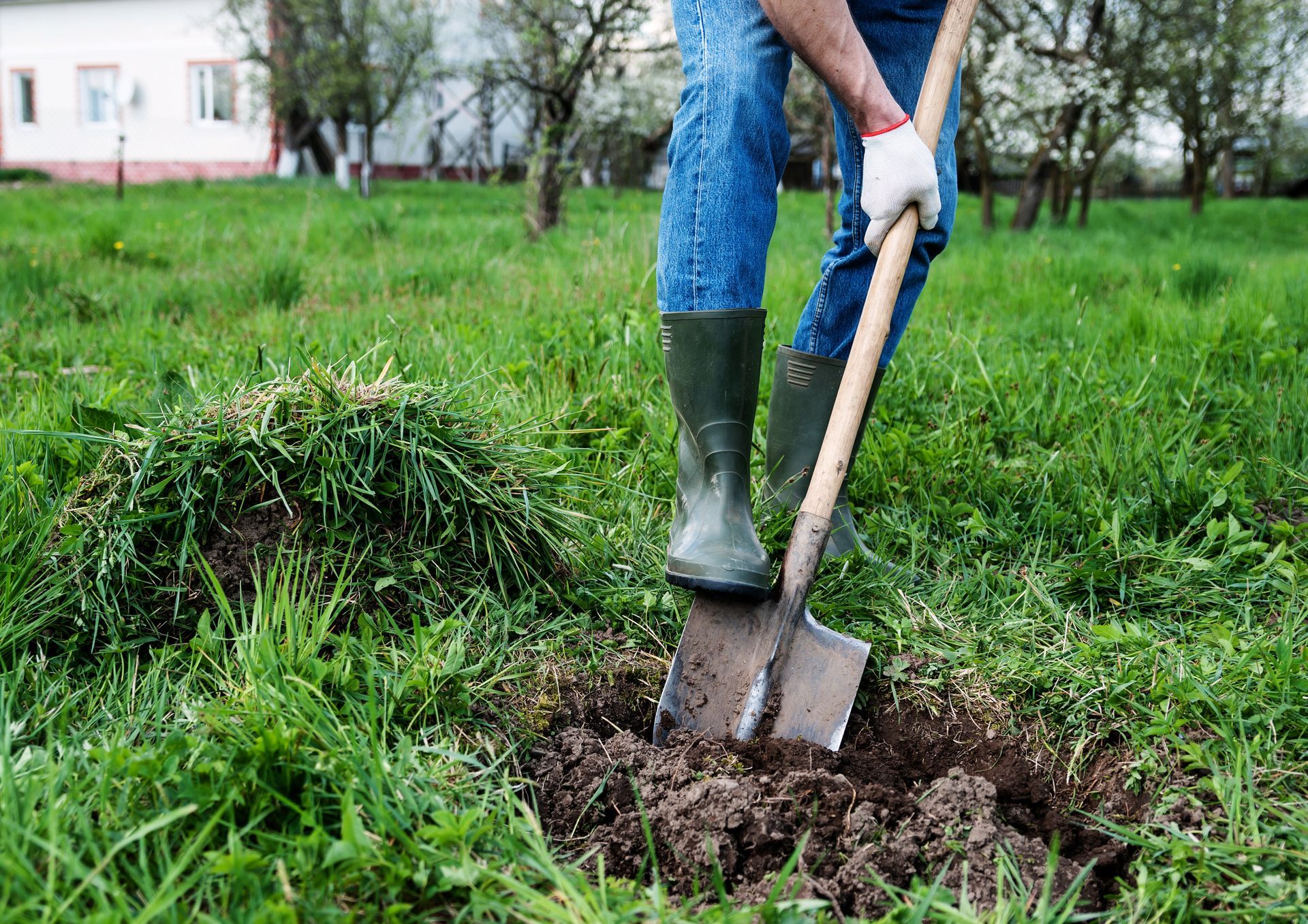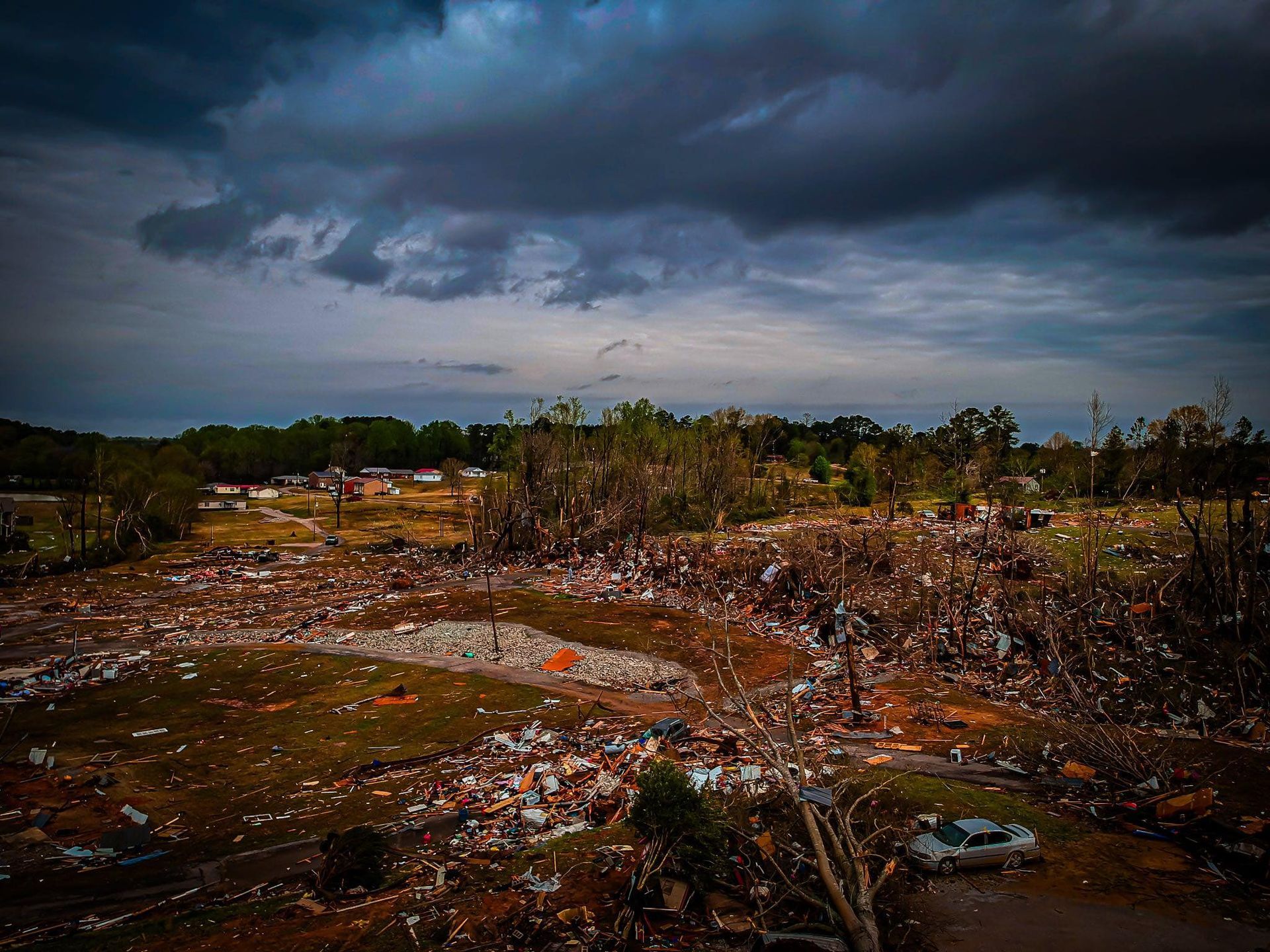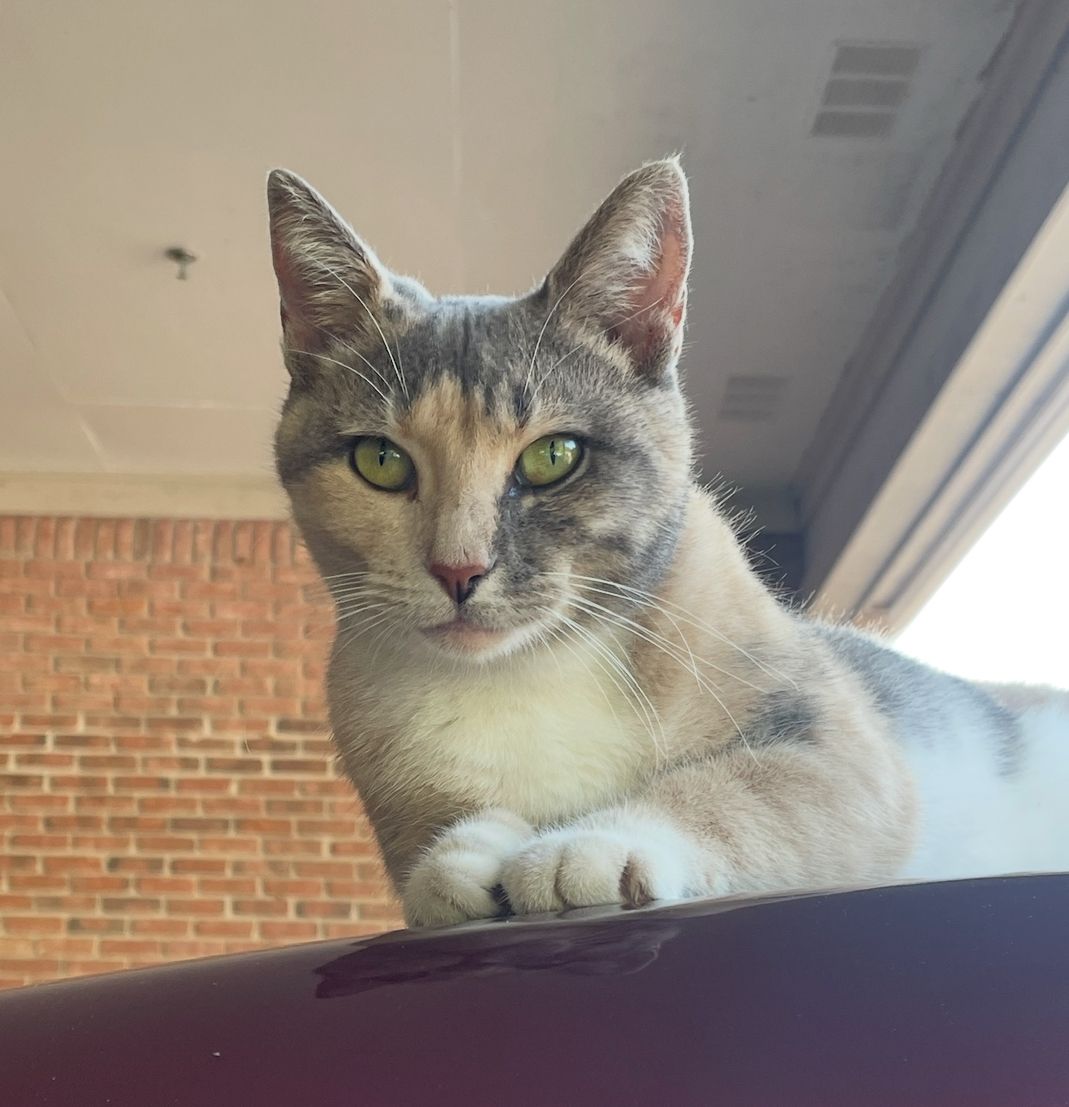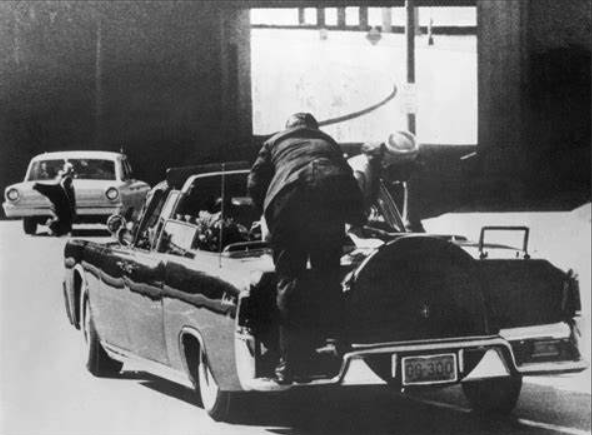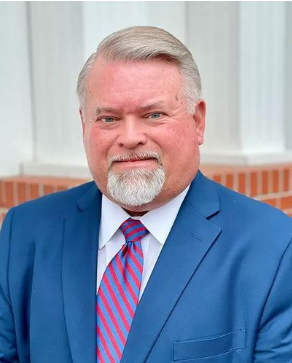You may (or may not) have seen the Daily Dot article addressing claims by TikTok user and influencer realkipforce alleging that burial of someone in your backyard (or front yard or anywhere else on your property) would automatically exempt you from property taxes and HOA dues (if applicable); your house would become a write-off, no one could ever take it from you (I’m assuming she’s referring to foreclosure for whatever reason) . . . all kinds of benefits were claimed. Just because you buried someone on your land.
To quote the great Dr. Robert Hearn, business law professor at the University of Tennessee at Martin . . .
“Anything that looks too good to be true, probably is.”
I’m fairly certain those words of wisdom did not originate with him, but it was in his business law class that I first heard them in the mid-70s. So today, in honor of Dr. Hearn and his very astute observation, I’m here to save you from an abundance of misinformation.
First, can you legally bury someone on your property? In most states, in most instances, the answer is yes, as long as there aren’t local ordinances that forbid such. But does that really generate all the benefits claimed by realkipforce?
Not in Tennessee.
As per the State of Tennessee Comptroller’s office and the Tennessee Historical Commission, if you have someone buried on your property—just one person—you can have your land declared an official cemetery. And your “declared” cemetery doesn’t have to be limited to the area surrounding the grave. It can be a larger tract, if that’s what you want, as long as no structures are erected on the property. In other words, you can’t have your house, or your barn, or your workshop declared a cemetery. You can have a cemetery that surrounds it, but your house or barn or workshop will still be taxed.
Now, what’s the downside to this strategy, other than we didn’t avoid at least one of the expenses we were assured would disappear? Why don’t we ask Velma and Champ Brown of Weakley County, Tennessee? They purchased a farm in 1960 which included a tract of land measuring 462 x 66 feet. That tract included a 36 x 48 foot, fenced-in area which contained several obvious graves, complete with headstones. Over the years the Browns farmed all the property with the exception of the fenced-in graveyard . . . until the descendants of those buried on the land sought to keep the Browns from using the whole 462 x 66 area. Of course, the end result was a court case (Stoker v. Brown) that went through several appeals before landing in the Supreme Court of the State of Tennessee. Eight separate deeds were entered into evidence, each one referencing the entire 462 x 66 foot area, indicating it’s intended use was as cemetery property even though that currently was not the case. The ruling?
Once a cemetery, always a cemetery, unless you take the legal steps—and expense—necessary to move it. To apply that to our current discussion . . .
If your house sits on a five-acre tract of land, and you decide, for whatever reason, you want to declare four of those acres to be a “cemetery”, and you have at least one person buried on the property in question, those four acres will ALWAYS be a cemetery. No one can build on it. No one can farm on it. And no one can ever make it anything other than a cemetery—unless they are granted the legal right to move the person or persons buried there, at their own expense. To do anything else makes the offender guilty of a Class E felony. The conclusion?
You may have saved some property taxes, but you have severely restricted your property’s use and decreased its value in the process. And if realkipforce missed it on the tax issue, what else did she get wrong? At least as far as Tennessee is concerned? This is another situation of “buyer beware”, except this time the buyer could be buying into a line of questionable, if not completely false, information. And in the words of the great Dr. Robert Hearn . . .
Anything that looks too good to be true, probably is.
About the author: Lisa Shackelford Thomas is a fourth-generation member of a family that’s been in funeral service since 1926. She has been employed at Shackelford Funeral Directors in Savannah, Tennessee for over 45 years and currently serves as the manager there. Any opinions expressed here are hers and hers alone and may or may not reflect the opinions of other Shackelford family members or staff.


